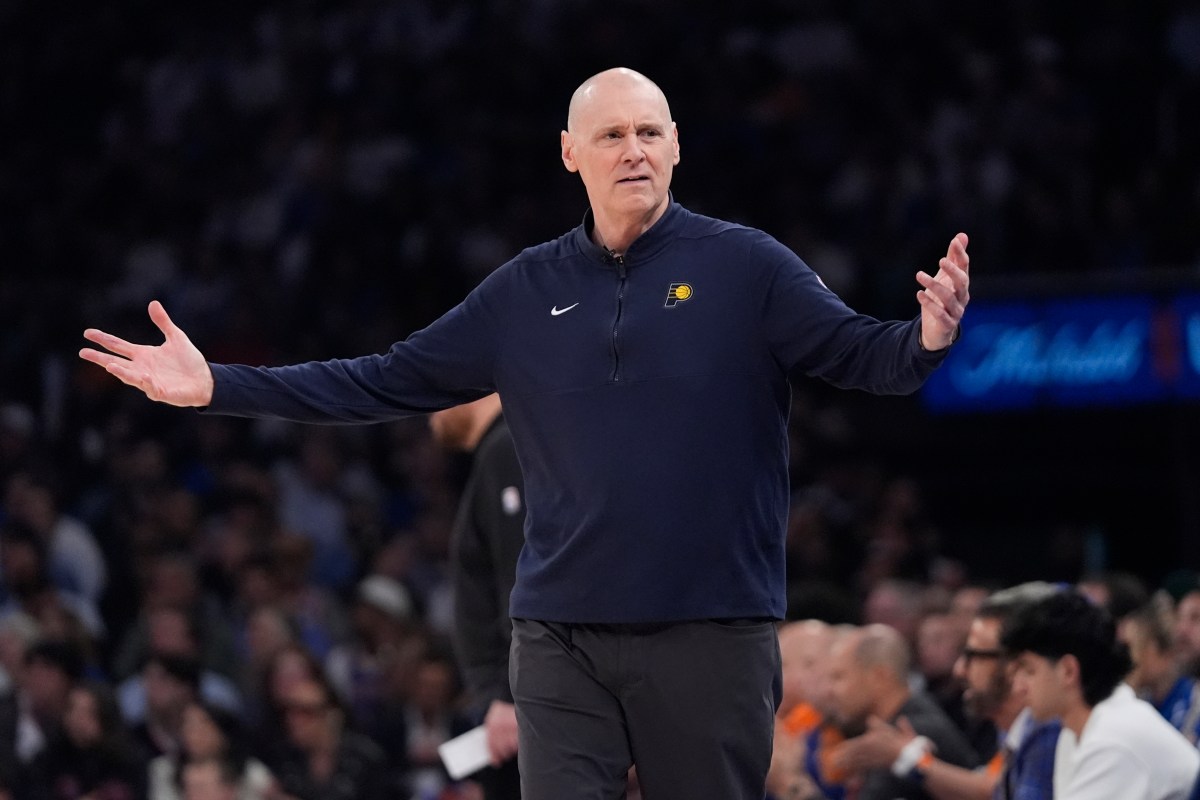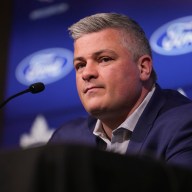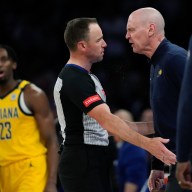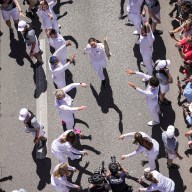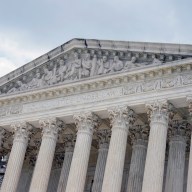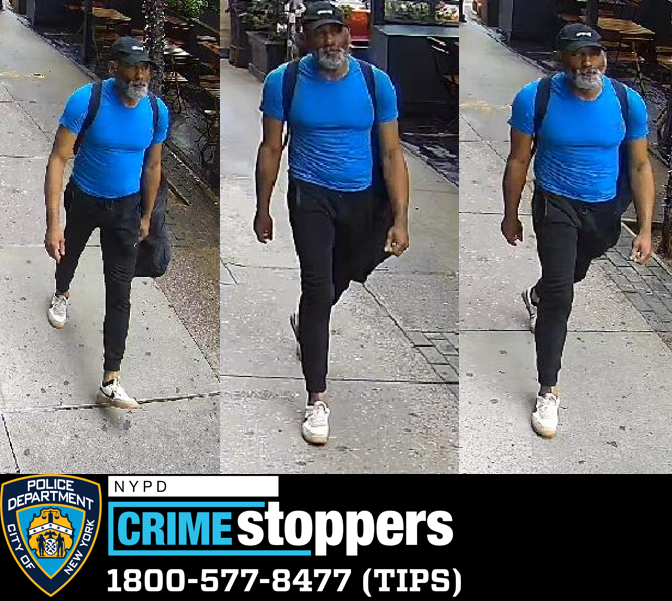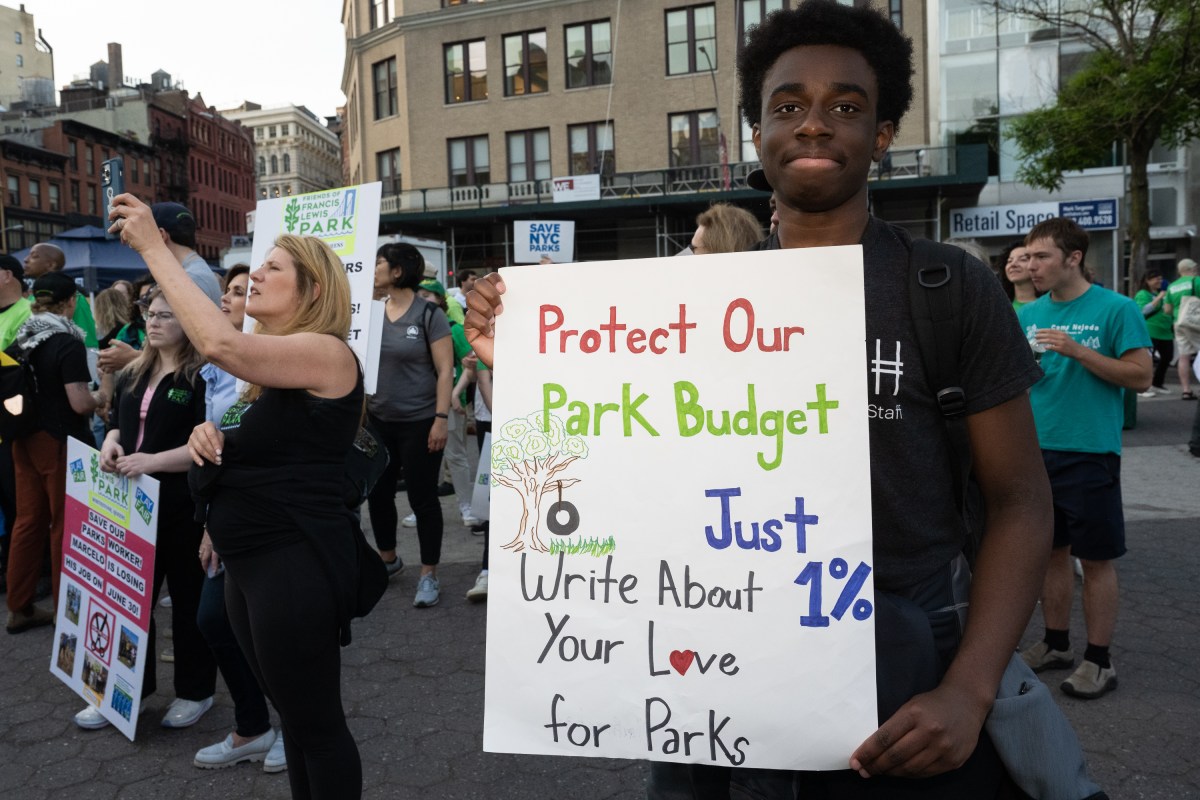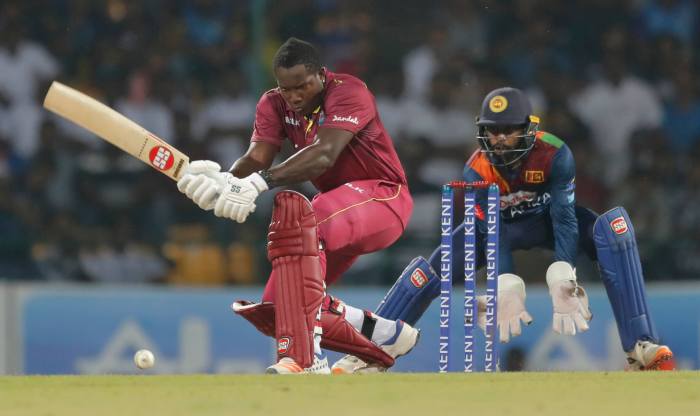CALGARY – An aboriginal leader from British Columbia became the new national voice for First Nations people on Thursday after a marathon election with eight rounds of voting.
Shawn Atleo, 42, was sworn in as the grand chief of the Assembly of First Nations as native chanting wafted in the background. There was applause, cheers and drumming as he was introduced before his first speech.
“There is work to do,” Atleo told the assembly.
“It is our time as indigenous people in this country to take our rightful place. It’s our time to see the treaties implemented. It’s our time to see the young ones supported. It’s our time to make sure that the murdered, missing women that we call for a public inquiry.”
Atleo said he would press the federal government to back up its apology over residential schools with more help for native people.
“Make absolutely no mistake about the resolve that we must share to hold governments accountable,” he said.
“My granny says when you offer up an apology you must follow through. You must act on what you said. Together we will make sure that the country of Canada makes good on the apology offered to the survivors of the residential school system. It is not acceptable.”
The new grand chief also signalled he would like to focus on aboriginal youth. He said too many are in care, too many are unemployed and not enough are getting a proper education.
“It’s our time to move forward on a youth-based agenda to respect and honour the booming young population across this country.”
Atleo, who led from the beginning except in the fourth round when it was a tie, won just over 58 per cent of the votes cast on the final ballot – still two percentage points shy of the necessary 60 per cent.
But his rival Perry Bellegarde, a former leader of the Federation of Saskatchewan Indian Nations, walked over, hugged Atleo and conceded defeat, despite saying earlier he would not.
Atleo replaces Phil Fontaine, who did not seek re-election after three terms as the organization’s leader.
Even before the final results were announced – almost 24 hours after voting began – expectations in the room seemed to point to an Atleo victory. His supporters were cheering and yelling when he came into the room at Calgary’s convention centre whereas Bellegarde’s were quiet.
The sense of relief after the leadership was resolved was palpable.
About 550 chiefs and elders from across the country began voting Wednesday morning, but the number of delegates who stuck around as the session continued through the night slowly dwindled.
“This is a very small effort when it compares to the plight of our people and what our people go through every single day and that must remain our focus. It will remain our focus,” Atleo said in an apparent attempt to encourage delegates to keep going.
Bellegarde, who earlier mused about changing the criteria in future elections, said elders had the final say and voting would continue until the necessary numbers were reached. But in the end even he didn’t have the appetite for another round.
After the first ballot, Atleo had looked like he was pulling into a commanding lead with 43 per cent compared to Bellegarde’s 29 per cent.
But third-place candidate John Beaucage, former grand chief of the Union of Ontario Indians, withdrew with his 15 per cent of the vote and sent his supporters to Bellegarde’s camp.
So did Bill Wilson, a B.C. consultant and veteran of political battles to have native rights in the Constitution. He had only one per cent of the votes while Terry Nelson, chief of the Roseau River First Nation in Manitoba, got 10 per cent.
Candidates receiving less than 15 per cent were automatically dropped from the next ballot.

